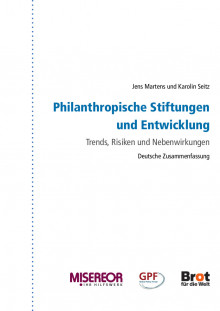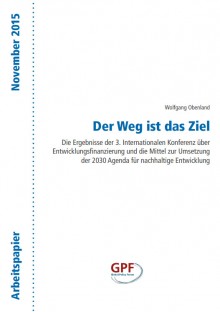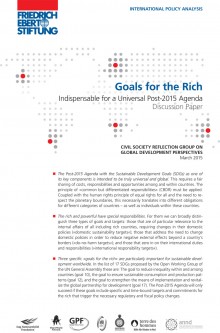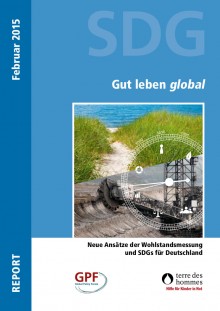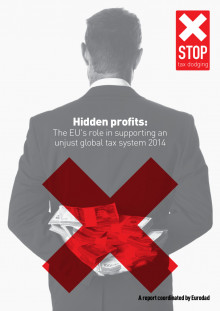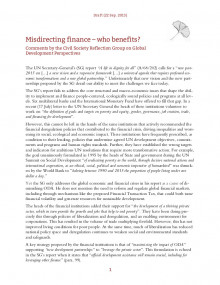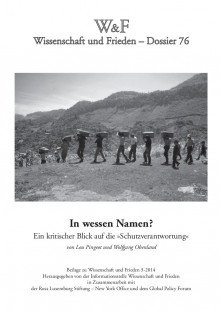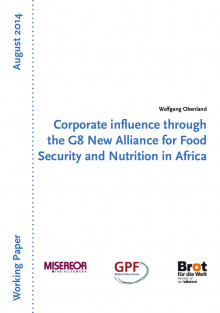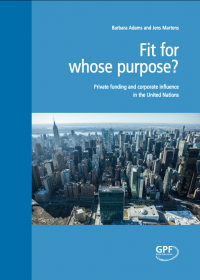
In der internationalen Entwicklungspolitik hat in den letzten Jahren eine Akteursgruppe in der Grauzone zwischen Zivilgesellschaft und Wirtschaft an Bedeutung gewonnen: Philanthropische Stiftungen.
US-amerikanische Stiftungen wie die Rockefeller Foundation sind bereits seit dem frühen 20. Jahrhundert in der internationalen (Entwicklungs-)Zusammenarbeit aktiv. Aber erst in den letzten Jahren haben sich mit der wachsenden Anzahl von Stiftungen und vor allem mit der Gründung der Bill & Melinda Gates Foundation deren finanzielle Leistungen rapide erhöht. In Zeiten stagnierender öffentlicher Mittel für die Entwicklungszusammenarbeit [...]

